The Sopranos creator opens up on the hit show in a new documentary and reveals why it would not be made in 2024
The Sopranos creator David Chase has revealed truths about the hit show including that divisive final scene, and why it would be ‘packed with trigger warnings’ in this era.
TV
Don't miss out on the headlines from TV. Followed categories will be added to My News.
Even 25 years after it first aired, The Sopranos is still widely regarded as one of the greatest – if not the greatest – television shows ever made.
But Oscar-winning filmmaker Alex Gibney, who has made a new documentary on the revered Mafia drama and its mercurial creator David Chase, is not sure that it would even get made in 2024.
“That’s a good question,” ponders Gibney over Zoom call from New York. “I think there is a brutality to some of the shows that might not pass muster today and people would be afraid of that.”
With its antihero lead in the form of James Gandolfini’s mentally unstable mob boss Tony Soprano, frequent sex and violence, and roster of murderous, philandering, racist and misogynist characters, Gibney thinks The Sopranos would at the very least be packed with trigger warnings in this more careful era of television.
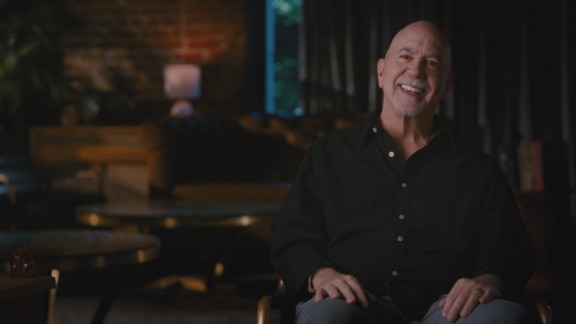
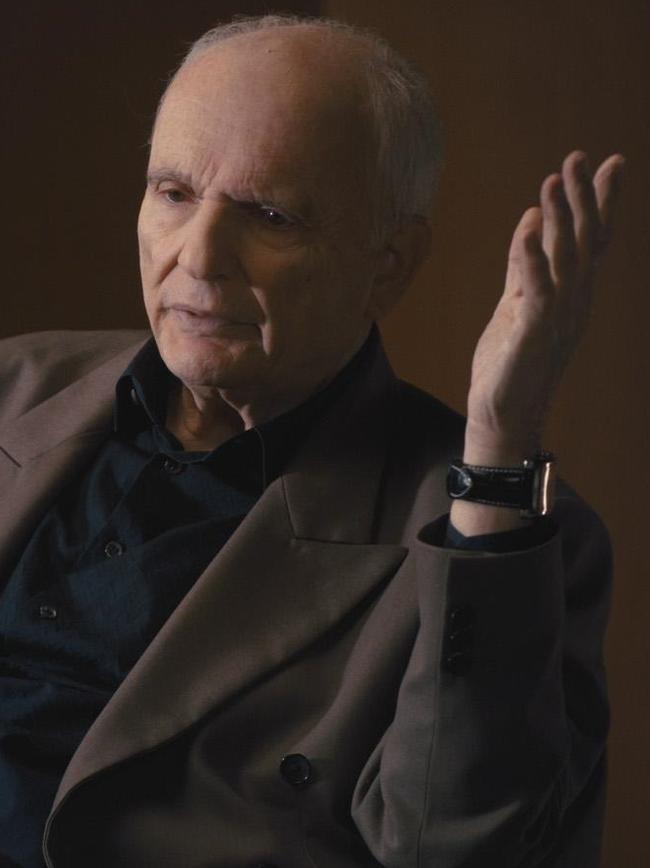
The sentiment is echoed by straight-talking actor Edie Falco, who played Tony’s wife Carmela, and is one of the many key players gathered by Gibney to reflect on their memories and the legacy of the show in the two-part Wise Guy: David Chase and the Sopranos, which streams on Binge from Sunday.
Gibney believes the show, which ran for 86 episodes between 1999 and 2007, and won 21 Emmy Awards and five Golden Globes, was “ahead of its time” for its honest portrayal of deeply flawed people and its many genuinely shocking and confronting moments were a price worth paying for that.
“The problem with trigger warnings is that you don’t have trigger warnings in real life,” says Gibney. “When a member of your family dies, they just die and if you’re not prepared to face uncomfortable or inconvenient truths, then you are really not prepared for life.
“That’s one of the reasons that people find it so enduringly fascinating at a time when people are spending so much time thinking about how people should act as opposed to how they act.
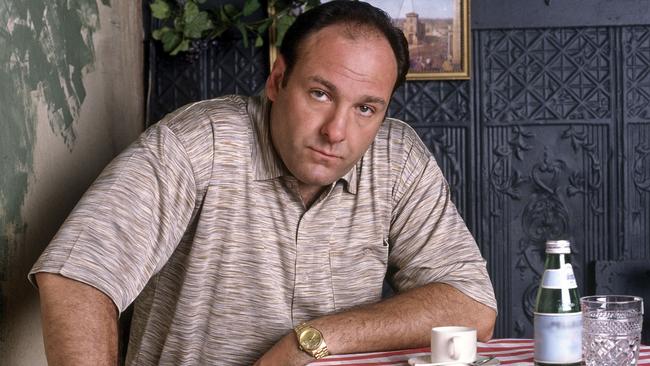
“Which is not to say that The Sopranos in any way shape or form was holding up Tony Soprano as a model – just the opposite – but it was looking at the way things are rather than the way they’re supposed to be.”
Indeed, Gibney believes that The Sopranos is in some ways even more relevant now. In Wise Guy, Chase opens up on how his central themes when he first conceived the show were death, money and how, for many, the American Dream had turned into the American Nightmare. And in a country where life and politics are even more suffused with money, division is sharper than ever and the gap between the haves and have-nots growing wider, Gibney says it has become “on a thematic level even more relevant than it was back in 1999”.
“There is a division in America between Left and Right, I guess you could say, but I think one of the reasons for that is that there’s a deeper division between rich and poor,” he says.
“The disparity of wealth in America continues to widen to unsustainable levels and that has created a lot of anger. The mystery for me is why people feel that Trump, who is an avatar of greed and selfishness, has become the answer to that problem – but maybe that’s a contradiction that fits inside of a show like The Sopranos.”

When HBO approached Gibney, who won the 2007 Best Documentary Oscar for Taxi To the Dark Side and has also made films about Julian Assange, Scientology, Lance Armstrong and Steve Jobs, to tackle The Sopranos, he knew he didn’t want to just assemble “a retrospective of all the greatest moments”. Instead he wanted to view it through the eyes of its creator Chase – and built a replica of the room where Tony saw his psychiatrist Dr Melfi as a set to grill him at length.
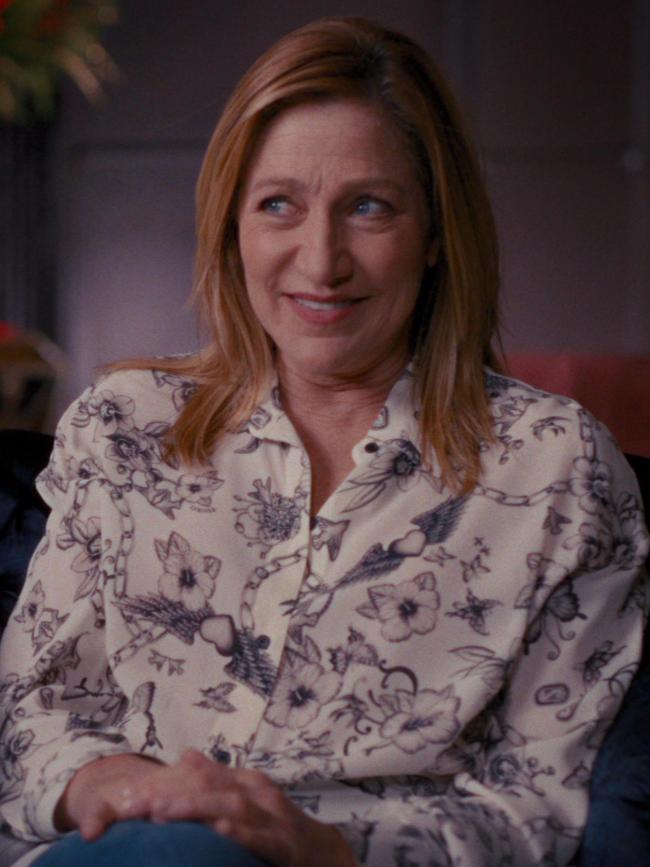
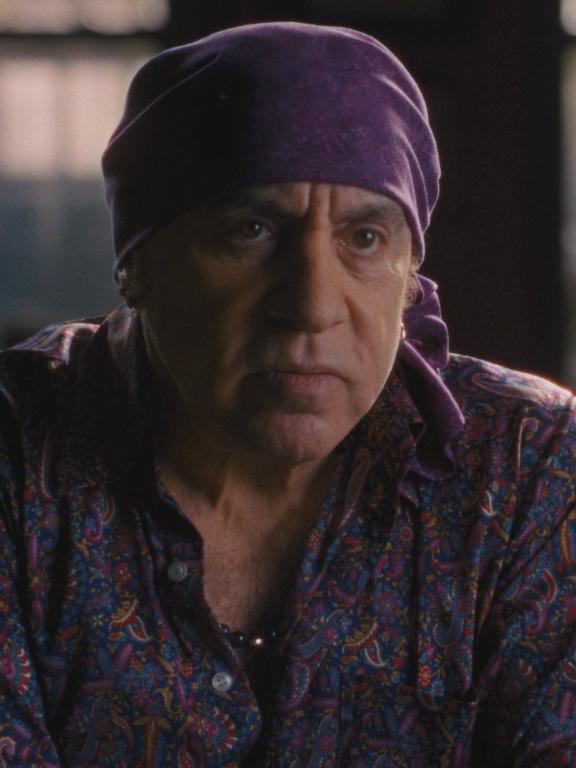
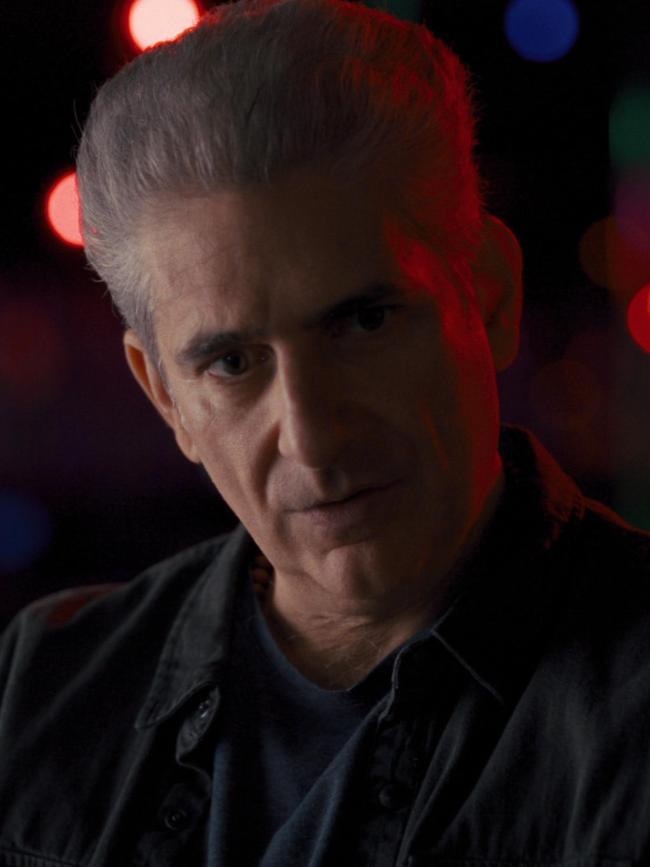
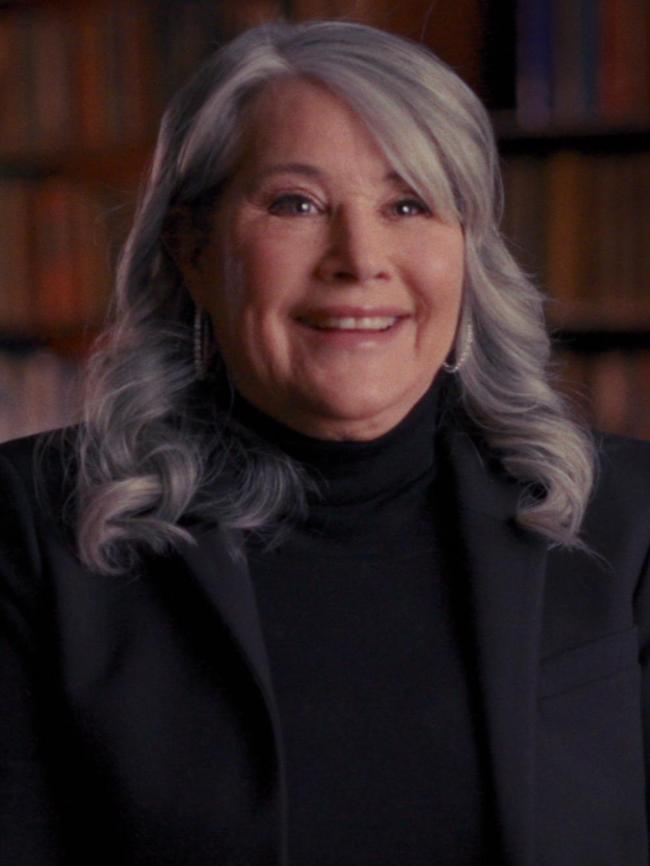
Gibney also talks to Falco, rocker-turned actor Steve Van Zandt (who auditioned for Tony and ended up playing loyal consigliore Silvio Dante), Michael Imperioli (Tony’s hot-headed nephew Christopher) and Lorraine Bracco (Dr Melfi), but had to rely on archival footage for Gandolfini, who died of a heart attack in 2013, aged just 51.
The cast and colleagues – including a choked up Chase who gave a teary tribute at his funeral – paint a picture of a brilliant and kind but complicated man, who one hand wrote checks for $30,000 for his fellow actors; on the other hand was occasionally docked $100,000 when his boozy benders prevented him from turning up on set.
Gibney met Gandolfini a few times and remembers him as a “tremendously charismatic character” who struggled with the darkness of the character he embodied as well as the fame it brought him.
“You could say that he had other personal issues that were affecting him as well, but I do think that there was something about playing Tony – as well as the fame and notoriety that came with that and then the odd expectation that people have that you are Tony Soprano,” Gibney says.
“In other words, in some way Jim Gandolfini has now disappeared. You’re not a guy who’s a talented actor who is playing a role, you’re Tony Soprano. That must be uncomfortable. People want you to be a certain way and the crown is heavy on the head.”
Gibney says he was also fascinated by the complex and deep relationship between Chase, Gandolfini and the fictional Tony, and how life began to imitate art.
“The role of David as the showrunner was not unlike some of the role that Jim Gandolfini played as the head of the gang,” he says. “Obviously in metaphorical ways, David wasn’t whacking people but he had to kill them from a story perspective and so I think that resulted in some tension between the three of them as well as extraordinary art. But they went deep in order to get there.”
Since it wrapped up in 2007, The Sopranos has regularly topped critics and fans lists of the greatest series of all time. Gibney is reluctant to definitively give it that GOAT title, he says it was “the show that changed television” with an intensity of emotion and a cinematic quality that just hadn’t been seen before.
Alan Taylor, who directed episodes of The Sopranos before moving on to other classics including The West Wing, Deadwood and Game of Thrones, agrees, saying that he was committed to making movies until he saw Chase’s pilot. The sophisticated way it was shot alongside the complete themes it tackled made him change his mind.
“Yes, it was a gangster show but it was also wrestling with the big questions and quite overtly,” Taylor says. “The device of Melfi gave the character the chance to talk in very pure terms about the psychology of what was going on.
“I think it was of a genre where people felt that hook, but it was dealing with things that were profound and it came along at a time where nothing else was trying that on television. It became a new model for how television could expand and it led to a Golden Age – it was partly timing and partly David’s genius.”
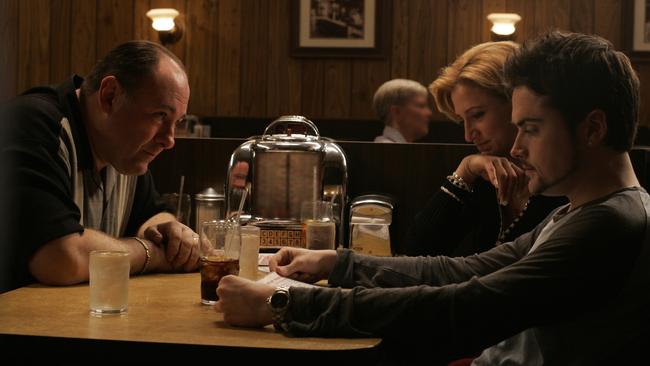
As for the series’ controversial ending, which (spoiler alert) featured a sudden cut to black leaving audiences first unsure whether they had a problem with their TV and then uncertain as to whether Tony lived or died, Gibney says he was initially “pissed off” like so many others.
Chase has always declined to clarify but reveals in the documentary that he had originally devised an ending where Tony would be killed on a bridge on the way to New York. The years have been kinder to the ambiguous finale and Gibney now feels like the right choice was made.
“In the moment it seemed like a cop out like, ‘okay – that’s it?’,” he says. “But ‘that’s it?’, is it. That’s life and death – it comes in a second if it’s death. But it also had an unexpected benefit that instead of resolving it for you so that you can kind of pack it away and forget it, it turns you back into the show itself and keeps the mystery about why you like the show alive so that can return to it.”
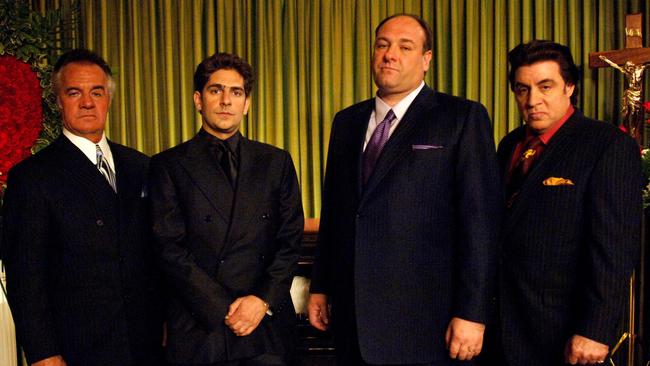
.Imperioli, who was also a writer on The Sopranos, says he interpreted the ending as Tony finally getting whacked in the diner.
“With David you can always expect the unexpected,” he says. “He wasn’t someone who placed a great deal of faith or importance on closure, and at the end of an episode everything wrapping up quite nicely. He liked the idea of questions. A lot of people felt kind of cheated and they wanted some kind of closure and a definitive ending for the show — but we’re certainly still talking about it to this day.
“I think by this point, after doing a show for seven seasons, there is nothing that could have brought closure in a satisfying way. So I think the ambiguity of what he did was kind of genius.”
As for its enduring appeal, Chase admits to being mystified to this day.
“People ask me that all the time – and no one asks it more than me,” he says. “I would like to say it’s because it’s that good, but you’re not supposed to talk that way.”
Wise Guy: David Chase and The Sopranos streams on Binge from Sunday. All six seasons of The Sopranos are streaming now in Binge.
Originally published as The Sopranos creator opens up on the hit show in a new documentary and reveals why it would not be made in 2024




